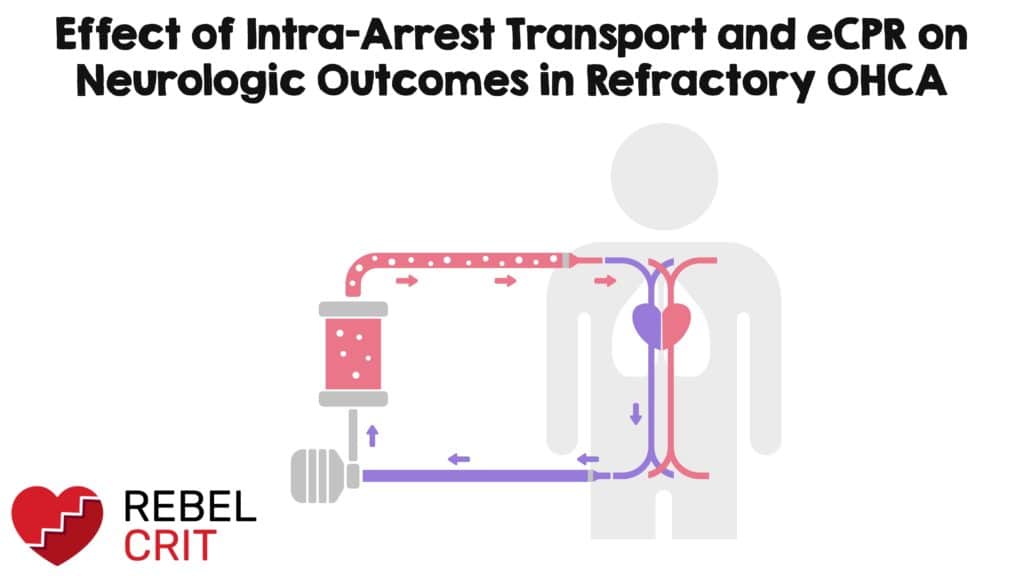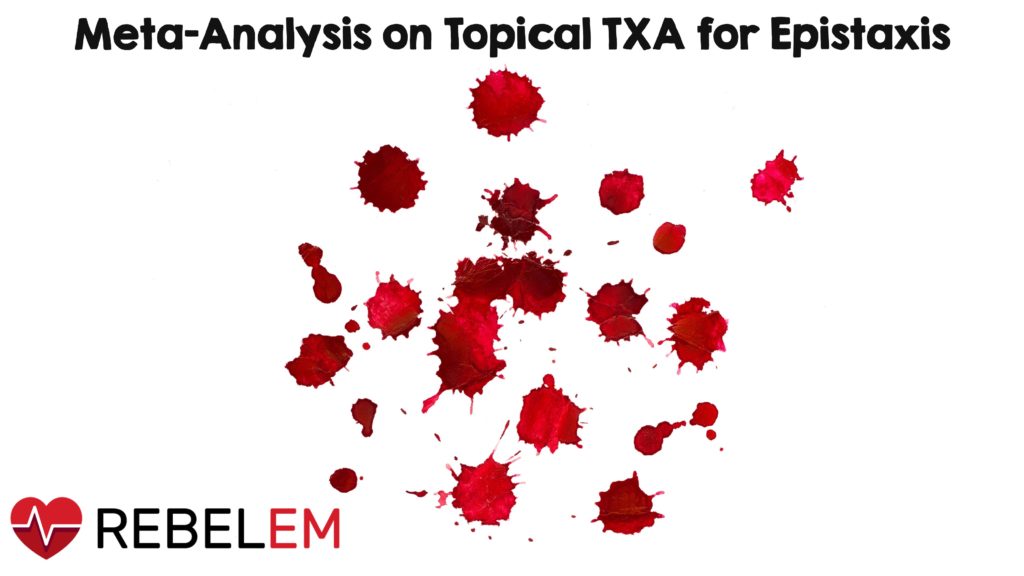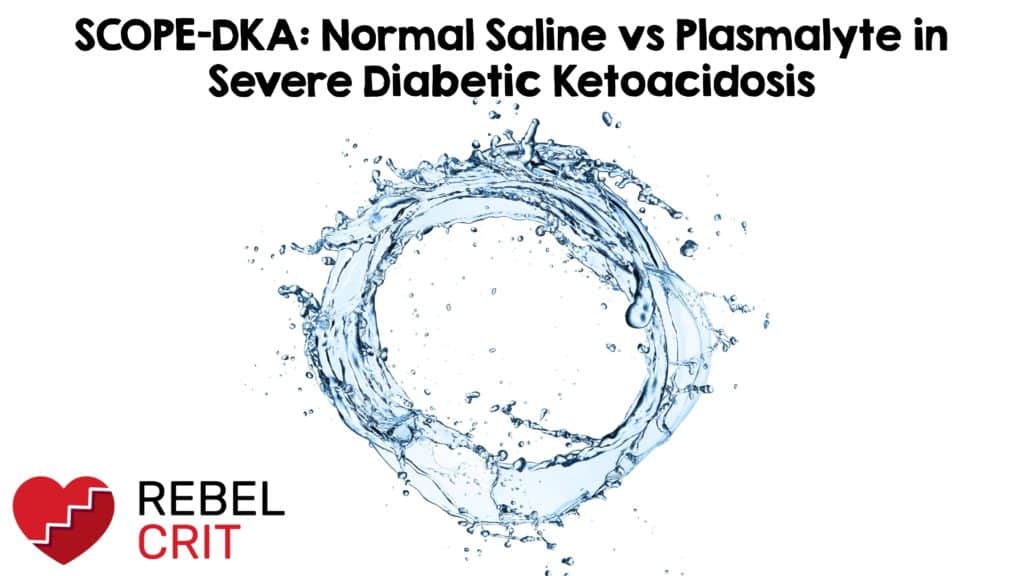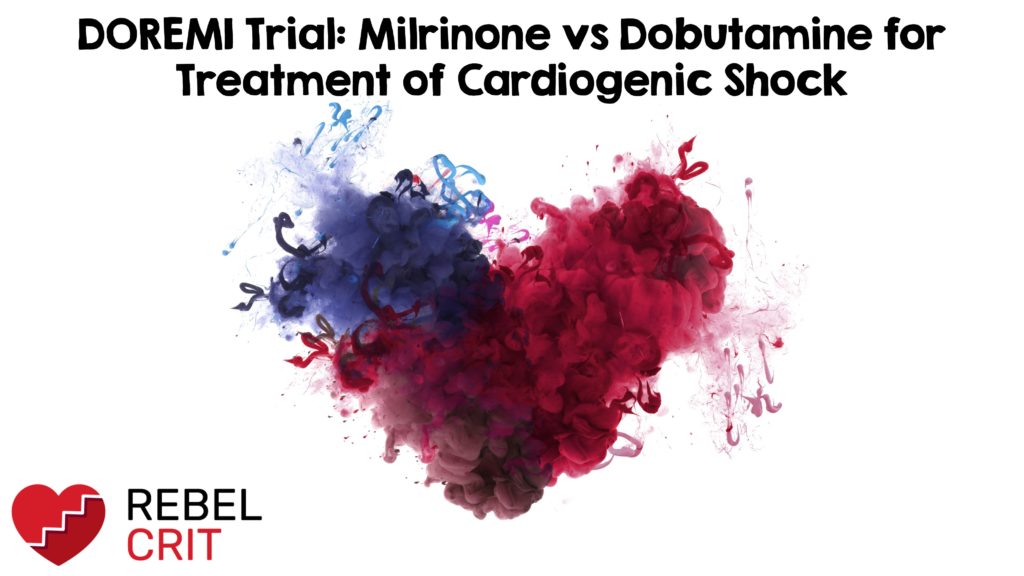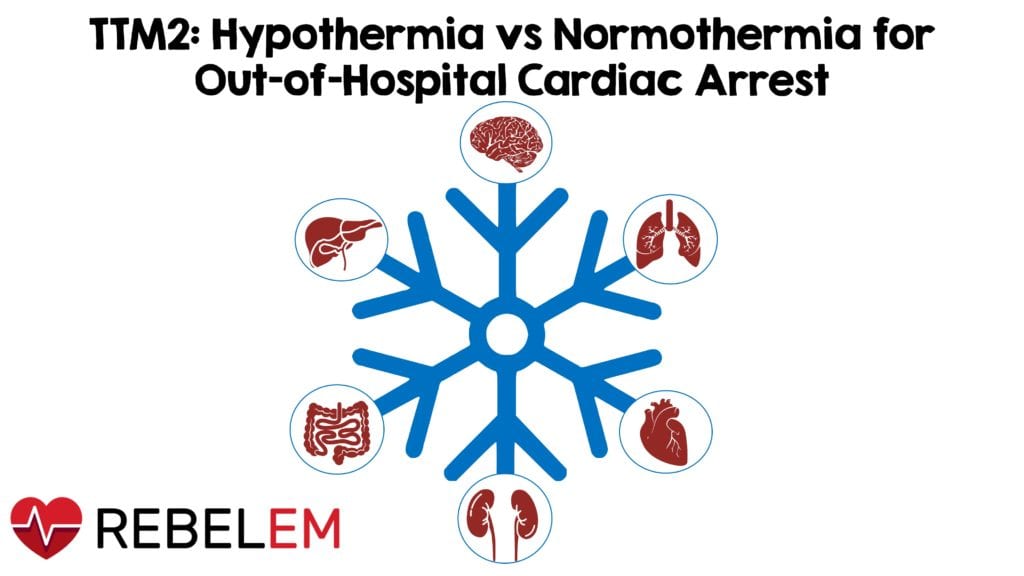Effect of Intra-Arrest Transport and eCPR on Neurologic Outcomes in Refractory OHCA
Background Information: Refractory out of hospital cardiac arrest (OHCA) is defined as prolonged cardiac arrest and cardiac arrest without return of spontaneous circulation (ROSC). In addition to an already morbid condition, the chances of these patients surviving drops below 5% ...

